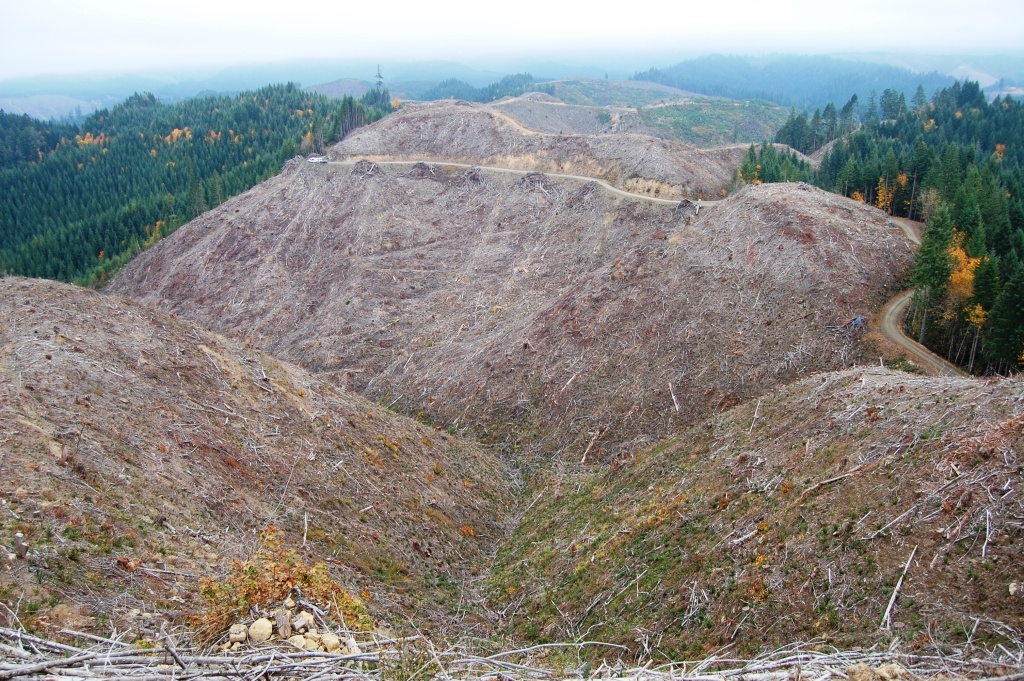How can I make the most money off the land I own? This central question has many alarming issues with it, yet it remains the common mindset of most farmers and other landowners throughout the country. The effects of this land ethic have already been observed and will continue to grow without wise choices and forward thinking of today’s landowners.
When Europeans first started settling the land we call America, they saw a pristine, resource-rich land, ripe for exploitation. The land gave them everything they needed from food and clean water to strong lumber for housing. The abundance of resources in early America led to a rush of resource extraction. How could timber so abundant and soil so deep and fertile ever run out? With little thought of the future, timbers were clear cut, prairies were plowed, and mountains were cut into. All done, as many would argue, for good reason. The resources were put to great use, by building a new nation. However, as many walked through seemingly endless stands of old growth pine forest, some saw only one thing. Money. The greed of man is a dangerous thing, and with few harvesting restrictions in place, the land was taken advantage of. Instead of looking to the long term benefits of sustained yield harvest, some selfish owners harvested all they could, leaving nothing but barren land behind them (like image below) while making a fortune. The timbers once thought to be undepletable had been widely removed. https://www.americanhistoryusa.com/early-washington-and-logging-timber-industry/

An Oregon clear cutting
The land we use and sustain now is only a remnant of what was, but how can we continue to extract needed resources while maintaining the habitat’s continuity? It must be achieved with a high respect and understanding of the land. We must bear a high sense of ownership of the land. Yes, we can and should use the land to provide livelihoods, produce marketable goods, and provide recreation, BUT we must also give back to the degree we take. There is no other way to sustain this land for the benefit of future generations. Implementing sensible land management techniques that maintain the quality of the land while still keeping it in production is key. Rather than looking to all that once was, let’s take responsibility for what we have now, all for the noble sake of human life.

What would you like to see happen in the form of sensible land management techniques?